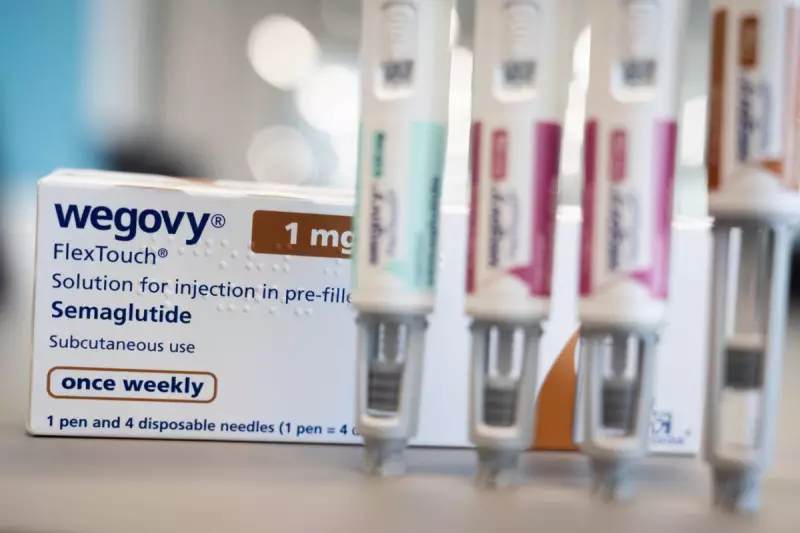
The pharmaceutical landscape for weight loss and diabetes treatments is undergoing a dramatic transformation as Novo Nordisk's celebrated drugs Wegovy and Ozempic face their most significant challenger yet. Eli Lilly's Mounjaro is rapidly gaining ground, threatening to disrupt what has become one of healthcare's most lucrative markets.
The Battle for Supremacy in Weight Loss Medication
Novo Nordisk, the Danish pharmaceutical giant, has enjoyed remarkable success with its GLP-1 receptor agonists. Ozempic, initially developed for type 2 diabetes, became a viral sensation for its weight loss benefits, while Wegovy was specifically approved to treat obesity. Both medications have generated billions in revenue, propelling Novo Nordisk to become Europe's most valuable company.
However, this dominance is now being seriously challenged. Eli Lilly's Mounjaro (tirzepatide) has demonstrated superior weight loss results in clinical trials, with patients achieving up to 26% reduction in body weight compared to approximately 16% with semaglutide-based treatments.
Why Mounjaro Poses a Genuine Threat
Mounjaro's advantage lies in its dual-action mechanism. While Novo's drugs target GLP-1 receptors, Mounjaro activates both GLP-1 and GIP receptors, creating what many experts call a "twincretin" effect. This innovative approach has proven more effective at controlling blood sugar and promoting weight loss.
The competition extends beyond clinical effectiveness to market accessibility. Both companies are racing to overcome supply constraints that have limited patient access worldwide. The shortage has been particularly acute in the UK, where demand has consistently outstripped supply despite NHS approvals.
Broader Implications for Healthcare
This pharmaceutical rivalry represents more than just corporate competition—it signals a fundamental shift in how obesity is treated. No longer viewed primarily as a lifestyle issue, obesity is increasingly recognised as a chronic medical condition requiring long-term pharmaceutical intervention.
The financial stakes are enormous. The global market for weight loss drugs is projected to exceed $100 billion by 2030, with millions of potential patients worldwide. This explains why both companies are investing billions in expanding manufacturing capacity and developing next-generation treatments.
What This Means for UK Patients
For British patients, increased competition could eventually lead to better access and potentially lower costs. The NHS has faced significant challenges in making these treatments widely available due to cost and supply issues. As production increases and alternatives emerge, more patients may benefit from these groundbreaking medications.
The competition also drives innovation, with both companies developing oral versions of their injectable treatments and exploring combination therapies that could offer even better results with fewer side effects.
As this pharmaceutical battle intensifies, one thing is clear: the revolution in weight loss and diabetes treatment is just beginning, and patients stand to benefit from the accelerated innovation and increased treatment options that competition brings.





